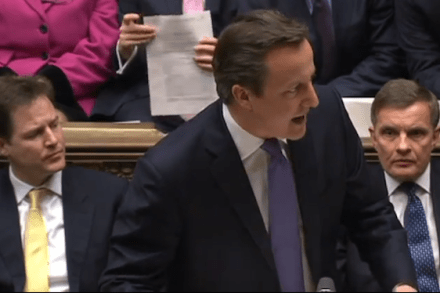Will UKIP ever win?
A couple of reflections upon Eastleigh. Firstly it was indeed an appalling night for Labour; midterm the party came second in this constituency in the early 90s. It received the votes a joke candidate might expect this time around. Maybe that’s because they put a comedian in the seat. I have no objection to John O’Farrell’s writing at all; but maybe one reason for Labour’s failure – and probably not the most important – was his candidature. He is the sort of thing London Labour loves; metropolitan, cool, ever so witty. Ever so PC. Does any of that play outside the M25? I don’t think so. And the result would

















